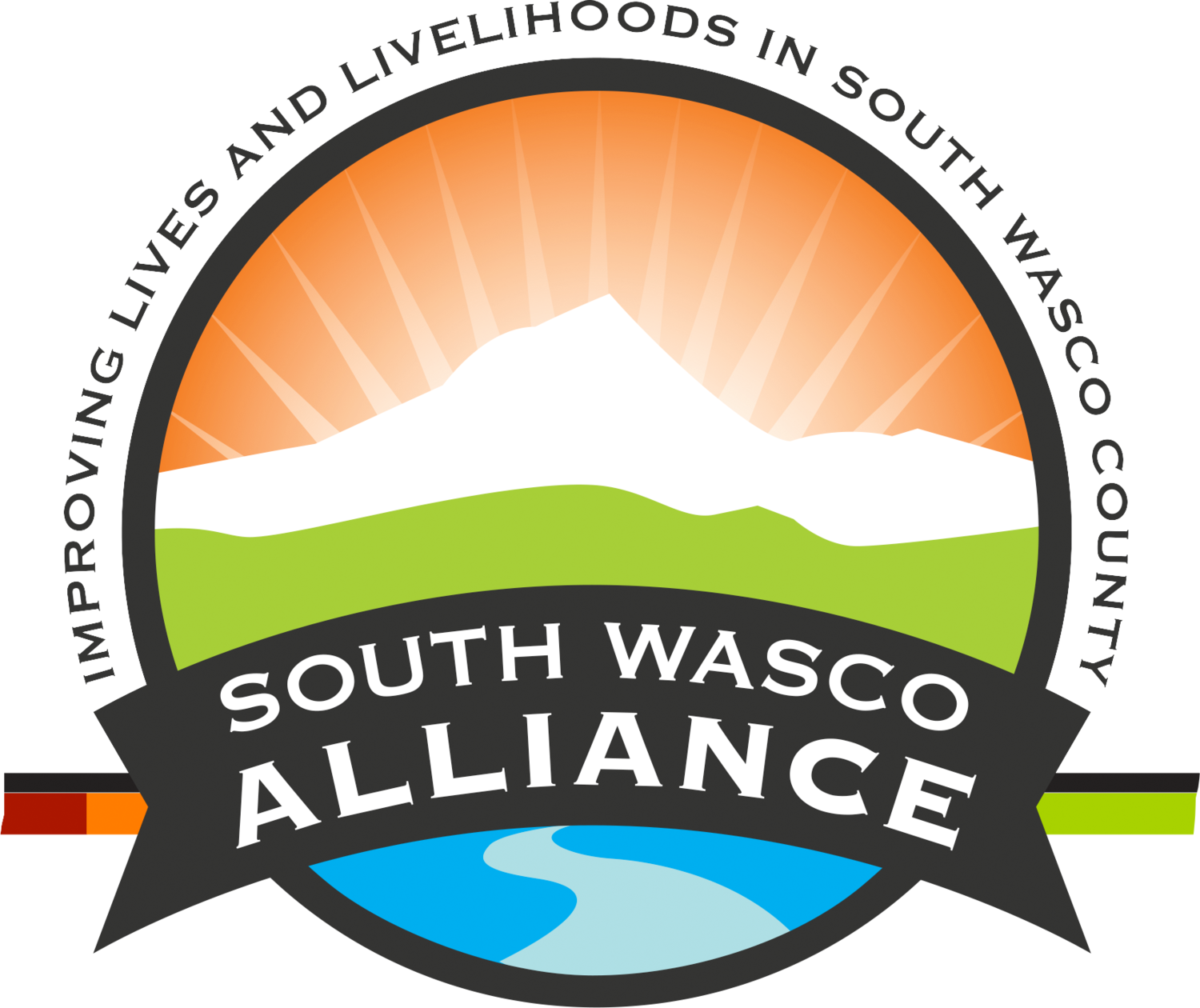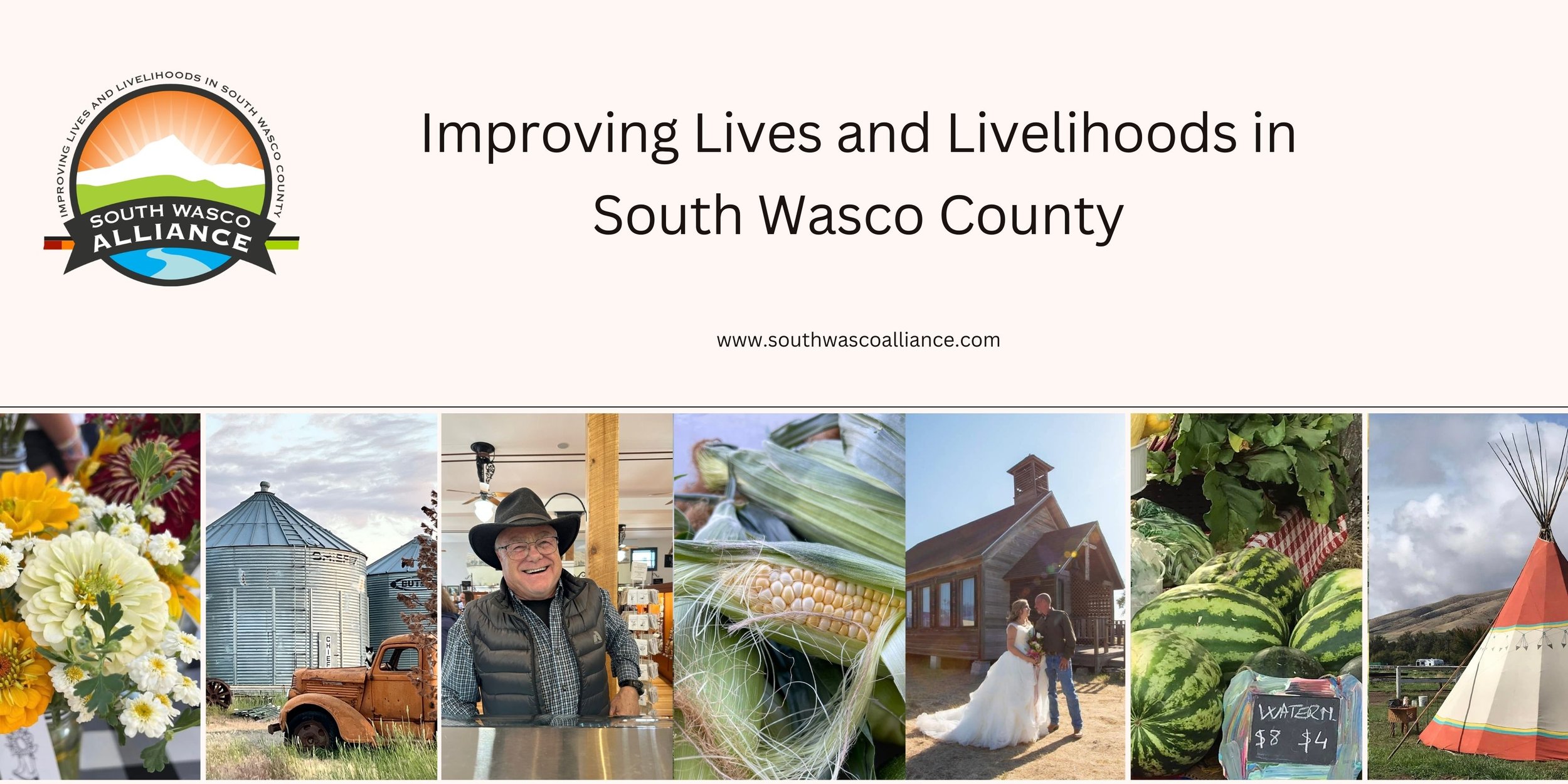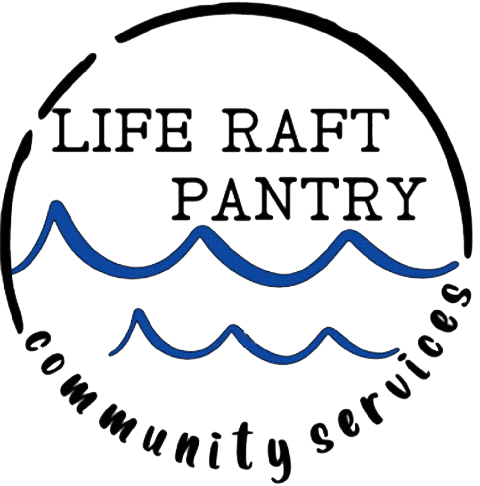Raised Bed Project | Head Start Family Resources
GARDEN SKILLS FOR PARENTS
GARDEN ACTIVITIES FOR KIDS
South Wasco Specialty Farmers
South Wasco Specialty Farmers (SWSF) is a local food producer collective formed as part of a community organizing event (“F.E.A.S.T”) facilitated by the Columbia Gorge Food Bank (CGFB) on March 7, 2020, at the Maupin Civic Center in South Wasco Country, Oregon. The SWSF was founded by seven specialty farmers, including “second farmers” who focus solely on production and make arrangements to sell through other SWSF producers. The SWSF sells vegetables, herbs, melons, berries, eggs, edible flowers, and some value-add or semi-processed items, such as chopped Swiss Chard ready for stir fry or braided garlic. The collective is also exploring other cottage-industry products such as homemade pickles, salsa, and similar packaged products.
During the 2020 growing season, SWSF launched the “White River” brand and established several marketing channels, including:
The Dalles Farmers’ Market (bi-weekly Saturday market in The Dalles, Oregon)
The Gorge Grown Mobile Market (every 2nd and 4th Wednesday in Maupin); and
Local Rhoots (a weekly meal delivery service in Hood River)
SWSF also is in discussion with other prospective customers in the Columbia River Gorge and Mt. Hood recreational areas. During the start-up period, SWSF discovered there is more demand than supply, so a critical focus area will be building more local production capacity for 2021. This includes expanding operations for existing specialty farmers and attracting new specialty producers in and to South Wasco county. SWSF also will work with existing and prospective regional customers to identify specific specialty crops and other value-add requirements for the 2021 growing season.
Producer—Consumer Connections
This tool was developed by the F.E.A.S.T. project team to help producers share their products on a weekly basis with the community. This also allows consumers or wholesalers to see what is available and contact producers directly. The spreadsheet is updated live as submissions from producers come in. If you are growing in South Wasco and would like to submit your products, you can find the submission link below the spreadsheet. Happy growing!
This tool is in testing mode, so please use it and let us know what could be improved! Send us an email at info@southwascoalliance.org.
South Wasco Food Pantries: Helping Neighbors in Need Access Nutritious Food
South Wasco Alliance does not operate the pantries in Maupin or Wamic. However, SWA recognizes that supporting low-income neighbors is an essential part of improving the community food system. The pantries in Maupin and Wamic help some families get through hard times, are a reliable resource for seniors living on a limited income, and ensure that our community is better prepared for emergencies and disasters. No ID or income verification is required to receive services.
The pantries are run by volunteers from across the region, including members of the Barlow Gate Grange.
The food pantries receive food from the Columbia Gorge Food Bank in The Dalles. The Columbia Gorge Food Bank is a Regional Food Bank that supplies food to pantries in Hood River, Wasco, and Sherman Counties. The Columbia Gorge Food Bank is also part of the Oregon Food Bank Network, which means it receives food through the USDA TEFAP program, industry donations, and local food drives and participates in a statewide, coordinated effort to end hunger.
401 5TH STREET
MAUPIN, OREGON
THURSDAYS
10AM-3PM
WAMIC COMMUNITY CENTER
1ST AND 3RD THURSDAYS, 1PM-4PM
Economic Mobility in South Wasco County
UNIVERSITY OF VIRGINIA, DATA SCIENCE FOR THE PUBLIC GOOD
In the spring and summer of 2020, students at The University of Virginia’s Data Science for the Public Good Program conducted an analysis of baseline economic mobility data in South Wasco County. They focused their analysis on food system, infrastructure, education, and standard of living indicators.
Overview, from their website: “South Wasco County, Oregon, located in the state’s north central border, experienced significant economic decline in the 1980s driven largely by the loss of timber industry. This was followed by closure of schools and consolidation of students from school districts and an out-migration of residents that disrupted economic stability, community health, and quality of life.
Working together the regional Cooperative Extension professional, an NGO Coordinating Stakeholder from the South Wasco Alliance and University of Virginia researchers are evaluating methods to construct economic mobility models and adjust the approach for application in a rural environment. To do this, they are discovering, inventorying, profiling, and documenting the data sources and their fitness-for-use, to inform barriers to economic mobility. These include indicators focused on local and regional food systems, tourism, and light manufacturing. The outputs will be creation of economic mobility datasets presented in an interactive dashboard to support local decision-making.”
Check out their introductory video below:
DATA DASHBOARD
The students created a website where viewers can explore different data sets with visual graphics. The image below is a snapshot of a map depicting drive times to grocery stores in the region. The map helps tell the story of how transportation can be a major barrier to accessing food in South Wasco County.
Past Projects
After School Program
The effort, initially supported by SWA, was led by Amber Anderson. SWA was a fiscal sponsor for two years until Amber started her own 501c3, South Wasco Youth Programs, Inc.
Maupin Broadband
The effort, initially supported by SWA, was led by Maupin resident, Stan Kelsay, and Carrie Pipinich from Mid-Columbia Economic Development District (MCEDD), along with many others who supported the idea of bringing high-speed broadband to the area. Eventually, the City of Maupin and Q- Life took over the project that brought the high-speed service into Maupin. In a story posted December, 2019, John Huffman, Oregon State Director, USDA Rural Development, touts that “[t]he rural town of Maupin, Oregon, population 437, is now one of the most competitive communities in the state in terms of broadband service.” The availability of broadband in South Wasco is beginning to open up new possibilities that can benefit our students, residents, and existing and future potential businesses in many ways, including in terms of education, health, and local economic development.
Pine Hollow Boat Ramp
The effort to repair the North Boat ramp involved a lot of people and agencies. Early involvement by SWA eventually led to formation of the South Wasco Park & Recreation District, which successfully applied for grants from the Oregon State Marine Board and Oregon Dept. of Fish and Wildlife to repair the south boat ramp and install a new ramp at the north boat ramp location.
South Wasco Business Expo
This event, sponsored by SWA, was led by Mike Davis, Denny Ross, and Scott Farrell, with support from many other local residents and businesses. The event was held March 30, 2019, in Tygh Valley and showcased various businesses, local governments, and non-profits that serve the area. About 36 businesses and organizations participated in the event to share information with the public and connections were made between job seekers and potential employers. Offerings at the event included job and education information, raffles by local businesses, and community networking opportunities.








